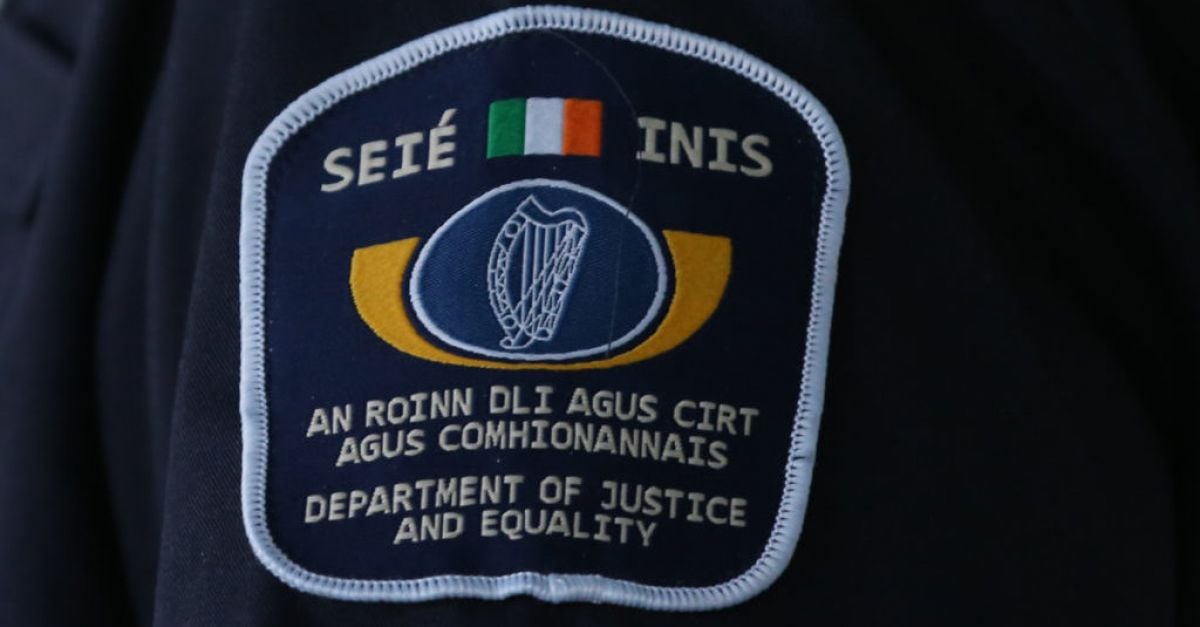World
Judge upholds decision to refuse refugee status to Ghanaian man | BreakingNews.ie

It was not unreasonable or irrational for a tribunal to reject a Ghanaian man’s claim he was openly gay and had, therefore, been subjected to persecution, the High Court has held.
Mr Justice Barry O’Donnell on Friday refused the divorced father-of-three’s request for him to overturn the International Protection Appeal Tribunal’s affirmation of a decision to refuse him refugee status and subsidiary protection.
The judge said findings were made during the international protection process that impugned the credibility of the applicant’s accounts of persecution and his claim that he was gay.
Assessing the credibility of assertions about sexual orientation are “undoubtedly” sensitive and difficult, but “they are assessments that have to be made”, Mr Justice O’Donnell said. Here, the IPAT “conspicuously” endeavoured to assess this claim with reference to the appropriate standards, he said.
The judge said the tribunal accepted that gay men may face extreme discrimination and homophobia in Ghana where violent homophobic attacks are common.
Ghana’s parliament passed a bill last February seeking a prison sentence of up to three years for anyone convicted of “identifying” as LGBT+. Engaging in gay sexual acts was already an imprisonable offence.
The applicant arrived in Ireland in February 2020 and immediately sought international protection at Dublin Airport. He was called for an interview with the International Protection Office 26 months later and was in June 2022 refused refugee status, subsidiary protection and leave to remain.
The appeal tribunal upheld this decision in November 2022 and the man issued High Court judicial review proceedings over this rejection the following month.
He alleged the tribunal legally erred in determining that his account was not credible and made findings based on an assumption about the experience of a gay man.
Further, he claimed, the tribunal breached fair procedure principles by making findings about his credibility without putting these to him for a response.
The tribunal fully stood over its determination, which it argued was lawful, fair and reasonable.
Mr Justice O’Donnell said the applicant told the tribunal he had been married and had three children. He “lost touch for women” after his divorce in 2017 and met a man in 2018 who told him “about gay and how it was going on”, the applicant said.
He said he decided to give it a try, and he moved in with the man that year and felt like he was in the right position and is no longer interested in women. He said his family was disgusted when they heard he was living with a man, and he felt like an outcast to them. He claimed he was attacked three times in Ghana between 2017 and 2020.
Due to an accumulation of unexplained issues with his narrative, the tribunal had significant doubts about his credibility and could not accept he had been persecuted. The tribunal said that although he may “simply have been naive or reckless”, his account of engaging in a carefree way in an openly gay relationship in the face of widespread intolerance and oppression seemed “unexpected and unusual”.
The tribunal had further issues with his account of his relationship with the other man and of coming to realise he was gay, which was “entirely bereft of any of the thoughts, feelings and emotions that are commonly experienced”.
Mr Justice O’Donnell said he was not at all satisfied the tribunal erred by making findings based on conjecture or stereotype. The findings proceeded from a careful consideration of the facts and by giving the applicant extensive opportunities to explain his position, he said.
He held that the tribunal’s decision was lawful.










